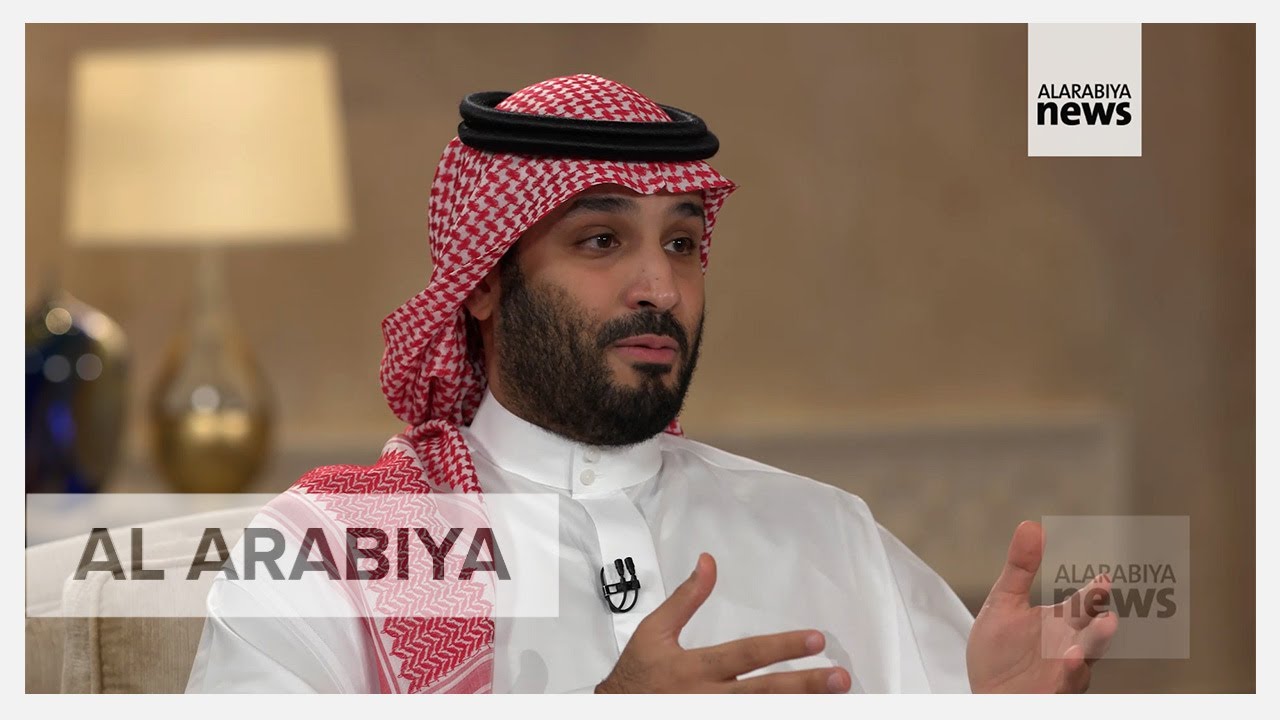The four GCC countries which have introduced VAT so far, UAE, KSA and Bahrain, have based themselves on the GCC VAT Treaty to draft their laws.
There is a special group of VAT payers, which have a special capacity as stakeholders in the VAT system. They sit on the fringes of the VAT system, not being a full on taxable person, and neither simply a payer, like private persons would be.
In the EU, this special group is sometimes called the “group of four”, or the “persons benefiting from an exception regime”. Together with the capital assets scheme, it is one of the more technical matters in VAT, and its status under GCC VAT is at a minimum lacking in clarification.
In a previous article, we explored the status of the non taxable legal persons (https://www.aurifer.tax/news/non-taxable-legal-persons-in-the-gcc-may-need-to-register/?lid=482). In this article, we cover the exempt table persons. In the upcoming articles, we will be covering also the other special categories of taxable persons. Going forward we will refer to them as “special tax payers”.











